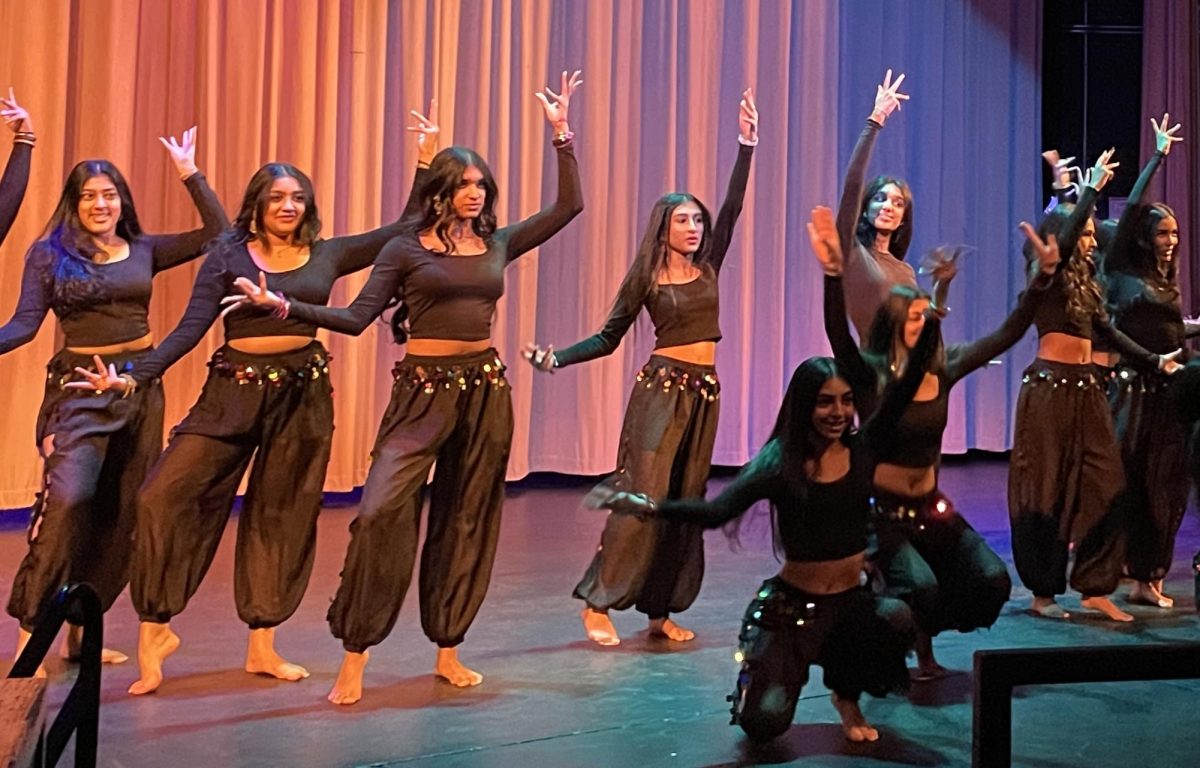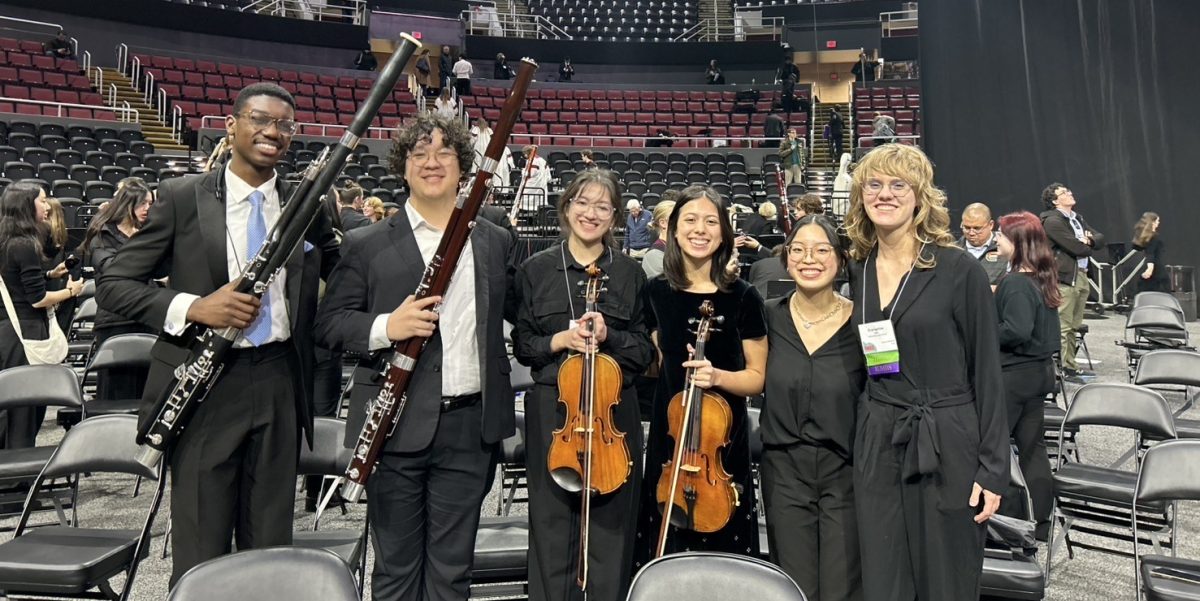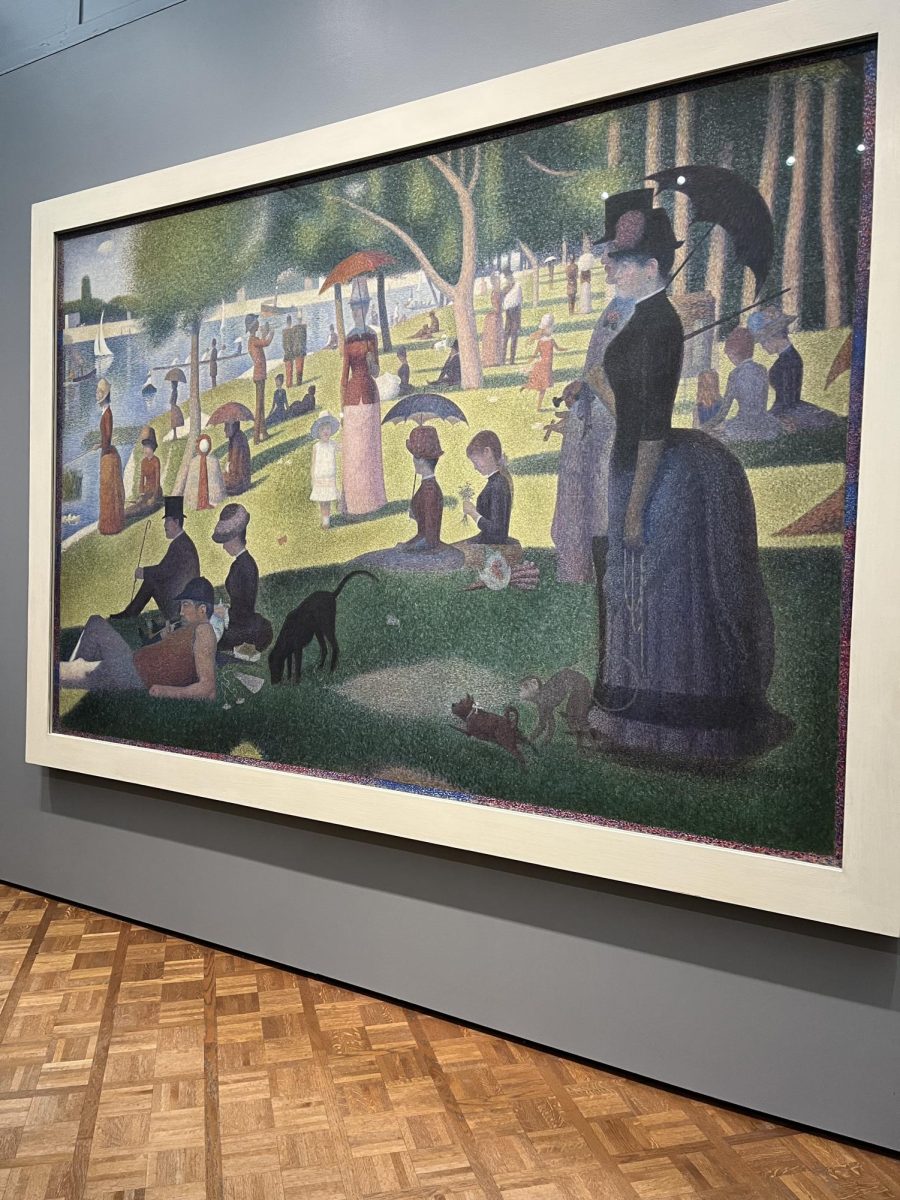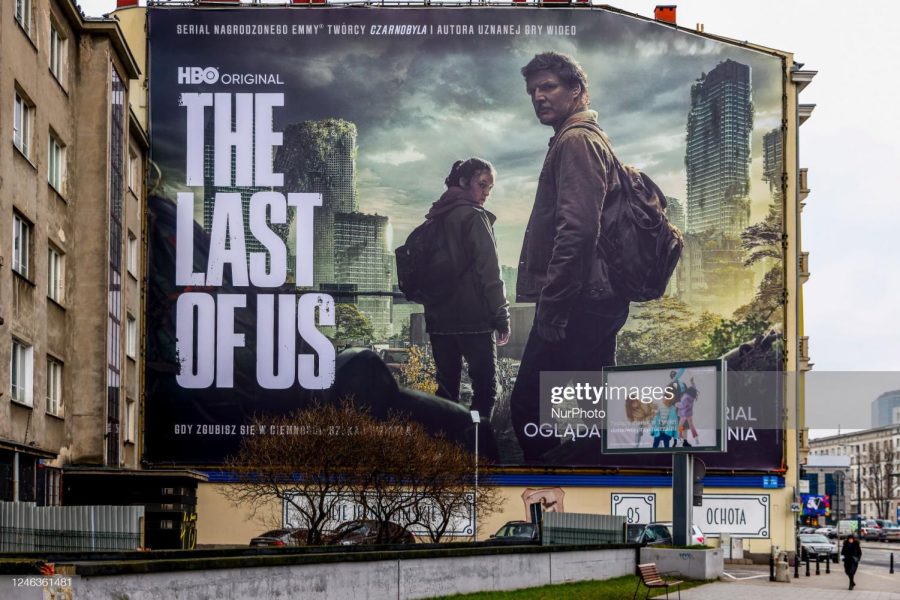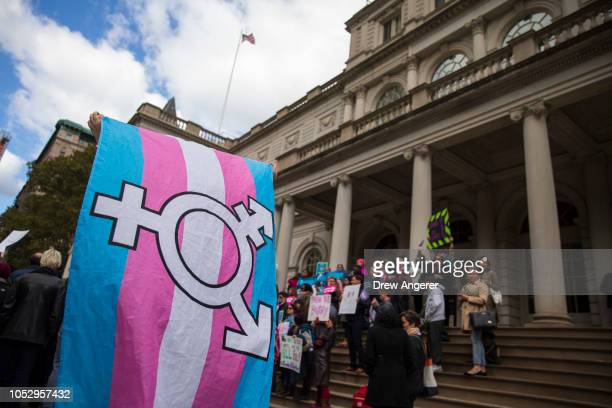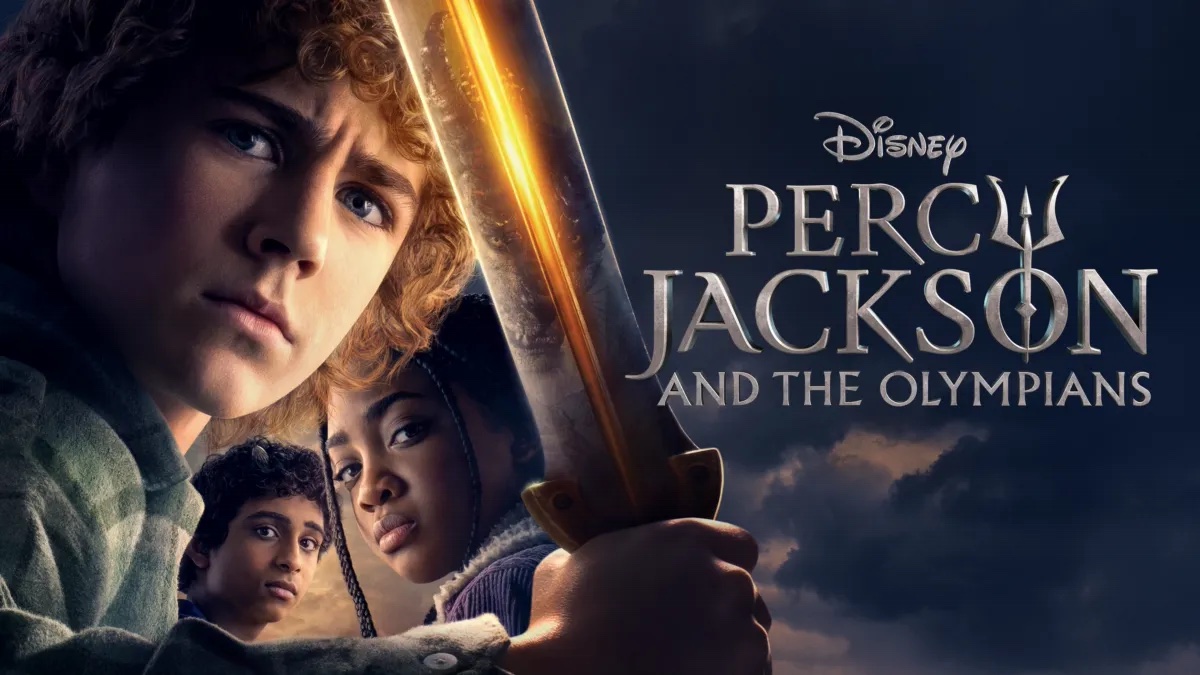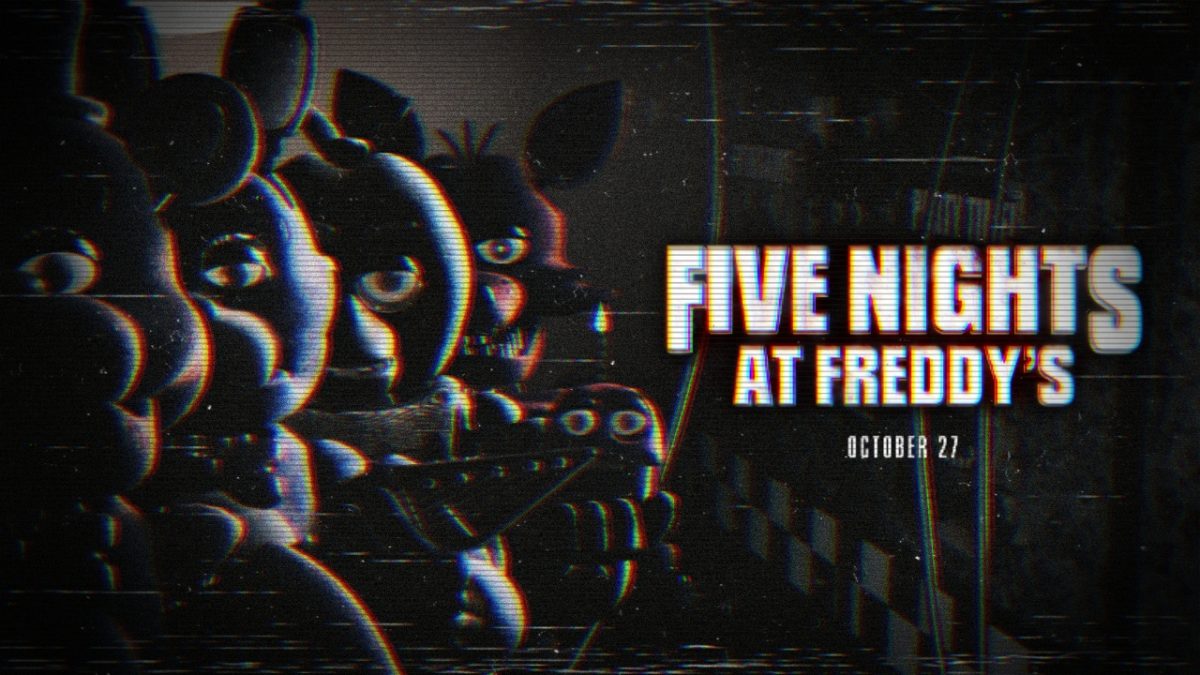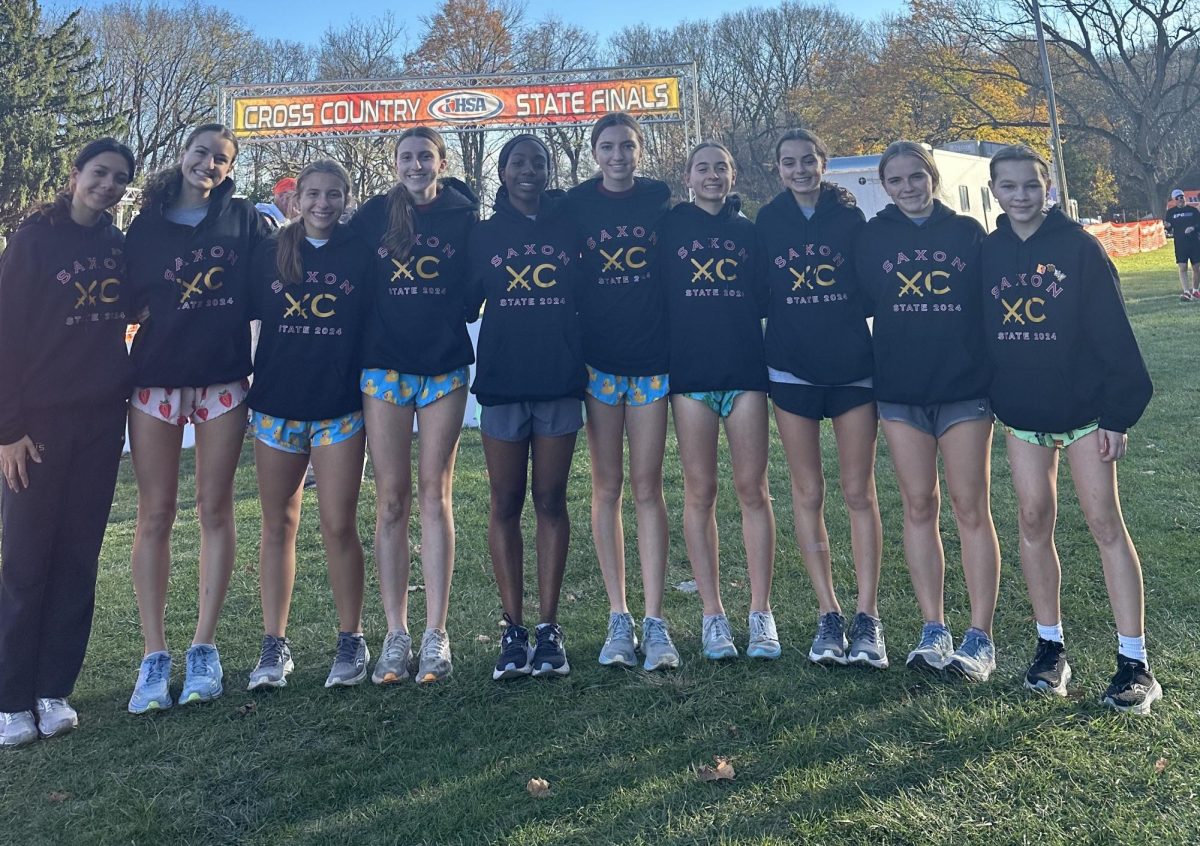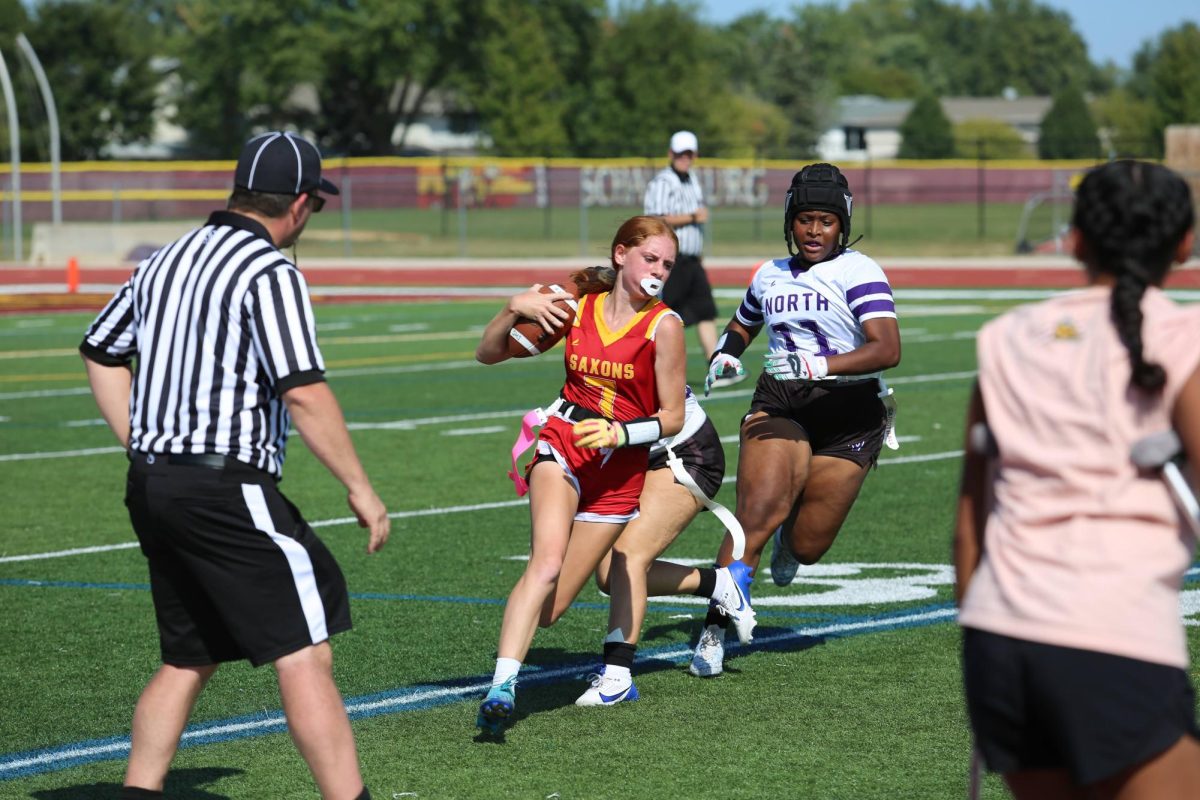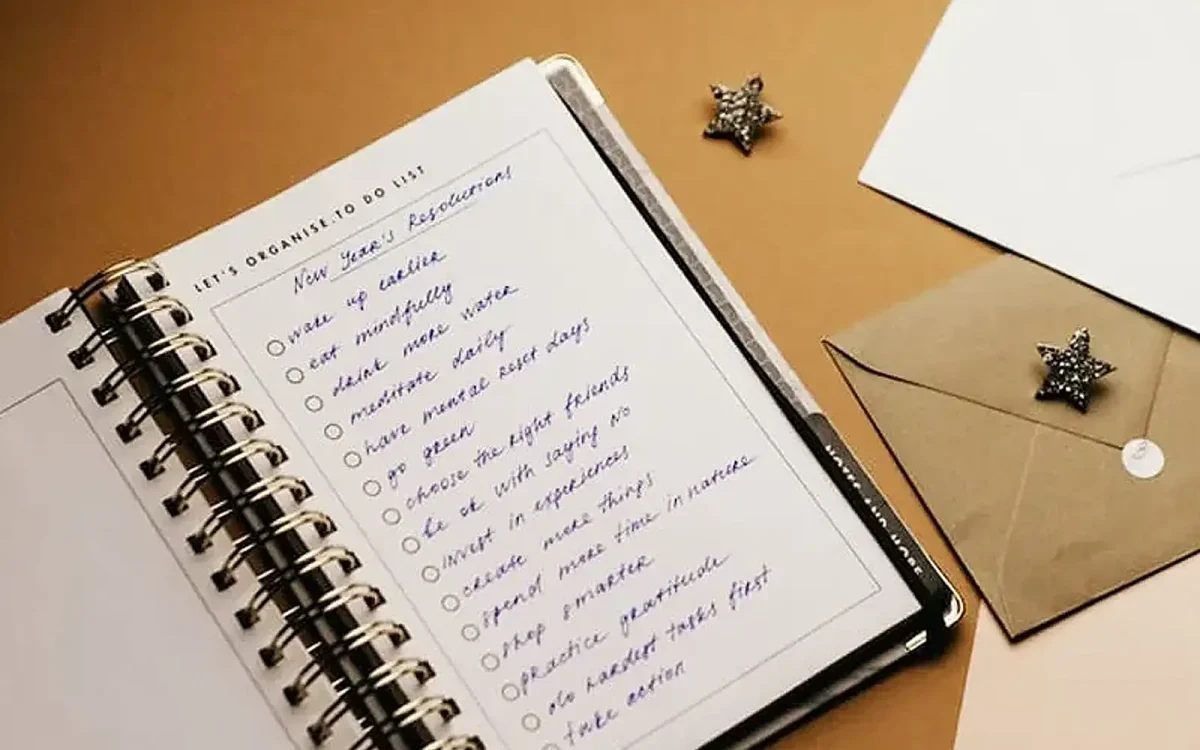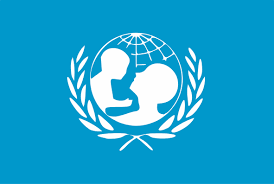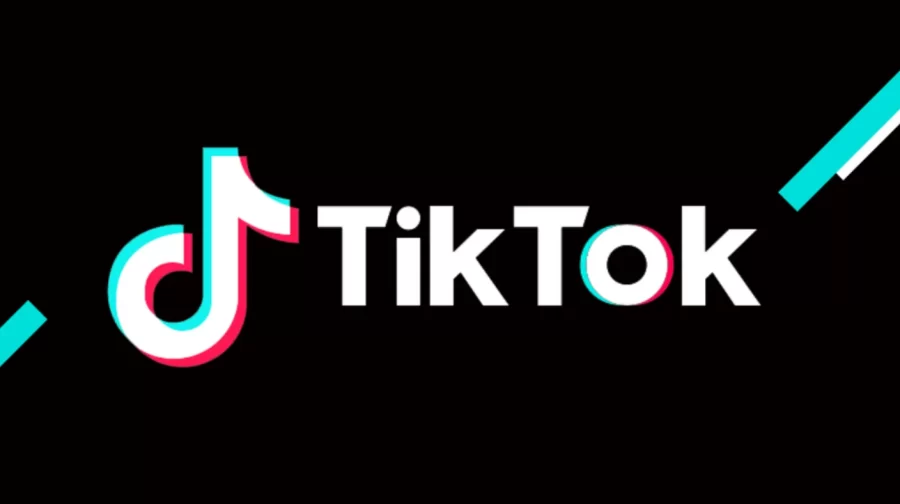The Dangerous Politics of TikTok
December 3, 2020
Before the election, users on TikTok no doubt scrolled past political video after video. GenZ for Biden! BLM! We love AOC! But even now, people use TikTok as a platform to share their views. A growing political force, TikTok allows for some people to share their opinions. However, other people are “cancelled” for disagreeing or have ideas forced onto them. With almost 850 million active users, and nearly 50% of the people on TikTok ages 16 to 24 TikTok has become a primary platform on which people share their views. With that said, TikTok’s accessibility and allure has a dangerous side–misinformation.
“TikTok does benefit teens who want to become politically active because it is pretty easy to share their views on political issues in short videos,” junior Aksa Vahora noted. “People can listen to the video or scroll down, but at least their opinion gets put out there.”
As younger users remain unable to vote, they campaign and express their opinions on the platform instead. In this way, the app has proved beneficial in allowing people to make a difference at a younger age.
However, misinformation remains a concern. Shockingly deceitful videos receive millions of views on the app. For example, before the election, many viewed edited clips of a presidential candidate that portrayed them in a negative light, only to find that a user edited the video or snipped it, out of context, from a longer segment. It’s honestly frightening how easily videos can be manipulated and believed. Opinions are forced, making viewers think in a certain way, based on untrue facts and statements.
Also, what users want to see, they will find. “For example, if you get on to the political side of TikTok, you would probably either see only Democratic or Republican videos based on what you usually watch. This can cause you to have one-sided information that could be negative in the long run,” Junior Madison Dohrn explained.
But TikTok is supposed to be a fun app, not an app where people have to go and fact check content–right? So instead of looking at the accuracy of the quote or statistic, these videos just influence us. I’m guilty; I usually do not bother to look up most of the facts shared, so I will only realize their inaccuracy when another user comments or duets it.
“I don’t think TikTok is a good app to share opinions because a lot of people are not as open minded,” junior Krishna Murali added. “It is a good app to spread information very quickly, but each person has to fact-check along with that which is unlikely to happen because most of the users use the app to relax.”
All this misinformation creates an echo chamber, in which users’ beliefs are constantly reinforced by their feed. The constant repetition of similar videos muffles healthy opposition to their views which polarizes social media. People gain a false sense of confidence that their opinion stands as the “right” opinion.
On top of that, ironically, for a platform that lets everyone share their opinion, if the opinion is not viewed as the “correct” one, users run the risk of receiving a lot of hate and backlash. Instead of accepting others’ logic or arguing in a meaningful way, people dismiss, degrade, and fall back on what the majority is saying or on the inaccurate facts from edited videos. Cancel culture on TikTok stifles open debate. Not only politically, but many opinions are forced on people by just scrolling through TikTok.
Any claim made on TikTok that offends someone and causes contention between users detracts from earnest discussion. People rarely refute other people’s counterarguments constructively. The ability to debate or bring up solid logic and evidence does not help you win an argument online, it seems. Frustratingly, however, degrading one’s opponent and appealing to the online mob–and their overall influence–does.
“Even if a person has a ‘backward’ way of thinking, it is difficult to teach and correct them when teens are only focusing on telling the person they are wrong. But, I don’t think it should be a teen’s responsibility to teach someone else their political views because it can be mentally draining at times,” Krishna Murali added
Moreover, if people feel that others are “attacking” their opinion, they tend to hold onto their beliefs even more. And there’s the rub. When people refuse to listen to another’s perspective, we’ll never find common ground; we’ll never resolve differences.
I know, TikTok is supposed to be a fun thing to just scroll through, but it will continue to be a political force. As we scroll, we must learn to gather the facts, make our own opinions, and not just allow others to dictate what is right.



